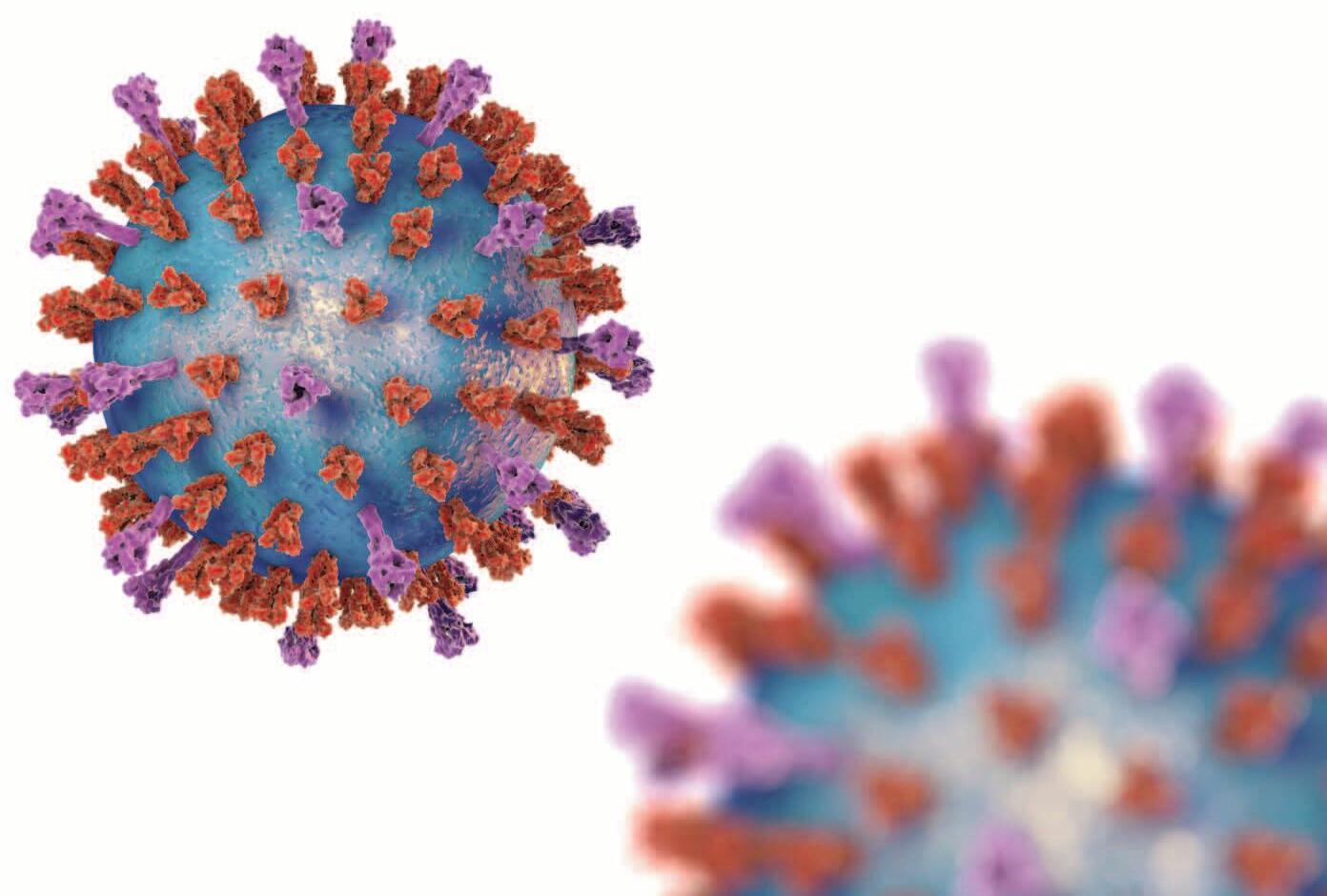
1 minute read
IRON DEFICIENCY
Steven Fein, MD, MPH Medical Director of

Advertisement
Most people who have weight loss (bariatric) surgery develop iron deficiency after a few years. This occurs because iron absorption is decreased or absent after having the surgery.
It affects the whole body, because all the muscles of the body require iron to use energy.
The only way to know whether your iron is low is to test your iron level (ferritin). Most people do not have their iron tested because they do not realize that the iron level and the hemoglobin level are different.
If your iron is found to be low, you may need an iron infusion. Oral iron supplements are unlikely to help because your body has limited capacity to absorb iron. When your doctor tells you to try oral iron, they may not realize how limited it is and how unlikely it is to help you.
Iron infusions have become easier and are now widely accepted as a treatment for people who have low iron. The benefits include raising your iron level, raising your hemoglobin level, and avoiding the need for blood transfusions. Iron infusions are now provided safely and easily in outpatient infusion centers. You do not need to see a cancer specialist for an iron infusion.
Our mission at Heme Onc Call is to identity and treat everyone who needs iron. We aim to improve the health and well-being of those who have had weight loss surgery.
Everyone who has weight loss (bariatric) surgery is advised to request annual iron testing (ferritin). Ask your primary care physician about iron testing, or contact Heme Onc Call for a televisit appointment to plan iron testing and treatment.
Heme Onc Call is a telemedicine-based hematology practice specializing in iron deficiency anemia. Call for a hematology telemedicine appointment, 786-567-8310, or visit hemeonccall.com.



















